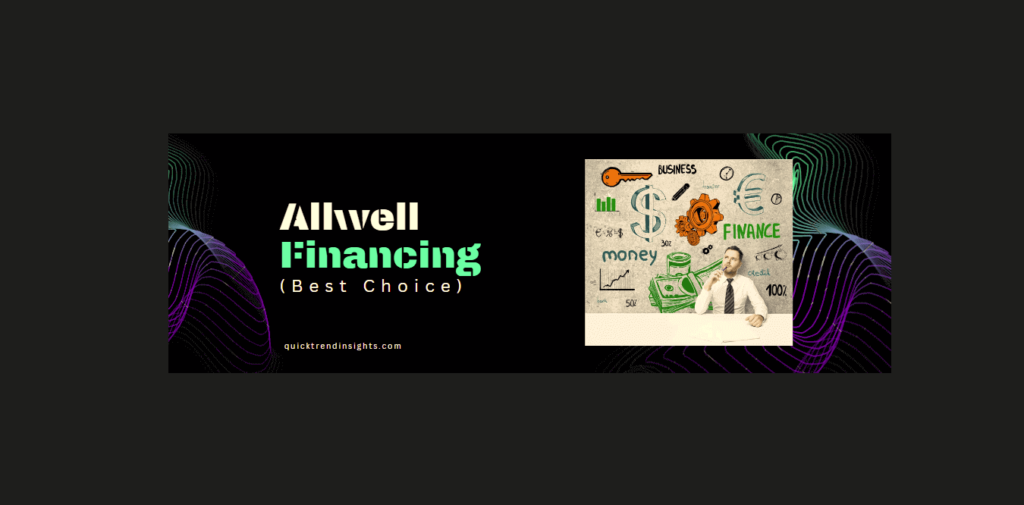What is meant by trading in financed car?
Trading in a financed car means exchanging your current car, which you are still making payments on, for another car at a dealership. When you trade in the car, the dealership takes possession of it and pays off the remaining loan balance to your lender. Before that, the answer to the question, can I trade in a financed car is yes.
Here’s how it works:
- You still owe money: Since the car isn’t fully paid off, the loan is still active. The dealership agrees to settle the loan as part of the trade-in process.
- Value assessment: The dealership determines your car’s trade-in value. This value is applied toward paying off your loan, and any extra can go toward purchasing your next car.
- Handling the loan balance:
- If the car’s value is more than what you owe (positive equity): The extra money reduces the cost of the new car.
- If the car’s value is less than what you owe (negative equity): The difference is added to your new car loan, meaning you’ll still owe that amount.
Trading in a financed car is a convenient way to upgrade vehicles, but it’s essential to understand how your loan payoff and the trade-in value affect your overall financial situation.
Can you trade in a financed car?
Yes, you can trade in a financed car, but there are important considerations to keep in mind:
1. Understanding Your Loan Balance
- Check how much you still owe on your car loan. This is known as your loan payoff amount.
- Compare the loan payoff amount to the trade-in value of your car.
2. Equity in Your Car
- Positive Equity: If your car’s trade-in value is more than your loan payoff, you can use the difference as a down payment on your new car.
- Negative Equity: If you owe more on the loan than the car is worth (upside-down loan), the remaining balance will typically be rolled into your new car loan. This increases the amount you finance.
3. Trading with a Dealership
- The dealership will pay off your existing loan as part of the trade-in process. Any negative equity will be added to the cost of your new car.
4. Private Sale vs. Trade-In
- Selling your car privately might give you more money than trading it in, potentially helping you pay off the loan faster.
5. Impact on Your Credit
- Ensure the dealership or buyer pays off your loan promptly to avoid potential credit issues. Double-check the loan is fully closed after the trade.
6. Other Costs
- Be mindful of early repayment fees, if applicable, or penalties for trading in before the loan term ends.
If you’re unsure about your financial situation, consult a financial advisor or loan officer for personalized advice.
Is there any demerit of trading in a financed car?
Yes, there are potential disadvantages of trading in a financed car. Here are some key demerits to consider:
1. Negative Equity (Upside-Down Loan)
- If the car’s trade-in value is less than what you owe on the loan, the remaining balance (negative equity) is often added to your new car loan.
- This increases your debt and monthly payments on the new car.
2. Lower Trade-In Value
- Dealerships typically offer less for a trade-in than you might get by selling the car privately.
- You might lose money compared to the actual market value of your car.
3. Higher Overall Costs
- Rolling negative equity into a new loan increases the total amount financed, leading to higher interest costs over time.
- You might end up paying more for your new car than planned.
4. Loan Complications
- If the dealership delays paying off your loan, you could still be responsible for loan payments or incur late fees.
- There’s also a risk of miscommunication between the dealership and the lender.
5. Impact on Credit
- If the loan is not closed promptly, it could affect your credit report negatively.
- Carrying over negative equity may also hurt your financial standing.
6. Limited Negotiation Power
- When you trade in a financed car, your financial situation might limit your ability to negotiate better terms for the new car.
7. Early Repayment Fees
- Some lenders charge penalties for paying off a car loan early. If this applies to your loan, it could increase the cost of trading in your car.
Conclusion
While trading in a financed car can be convenient, it’s essential to weigh these potential drawbacks carefully. Always research your car’s value, understand your loan terms, and evaluate the financial implications before proceeding.
Visit our website for more. Click here: “Get Quick Answer“.


